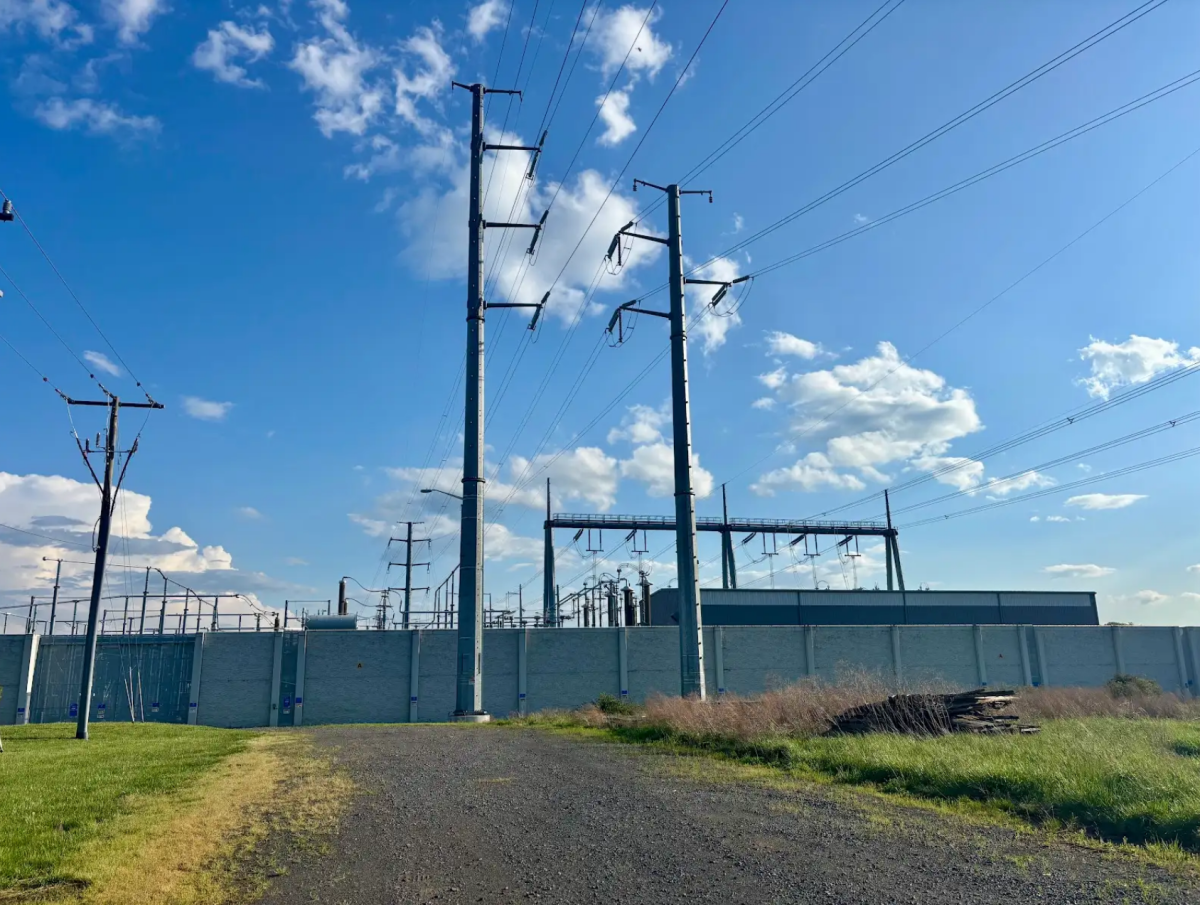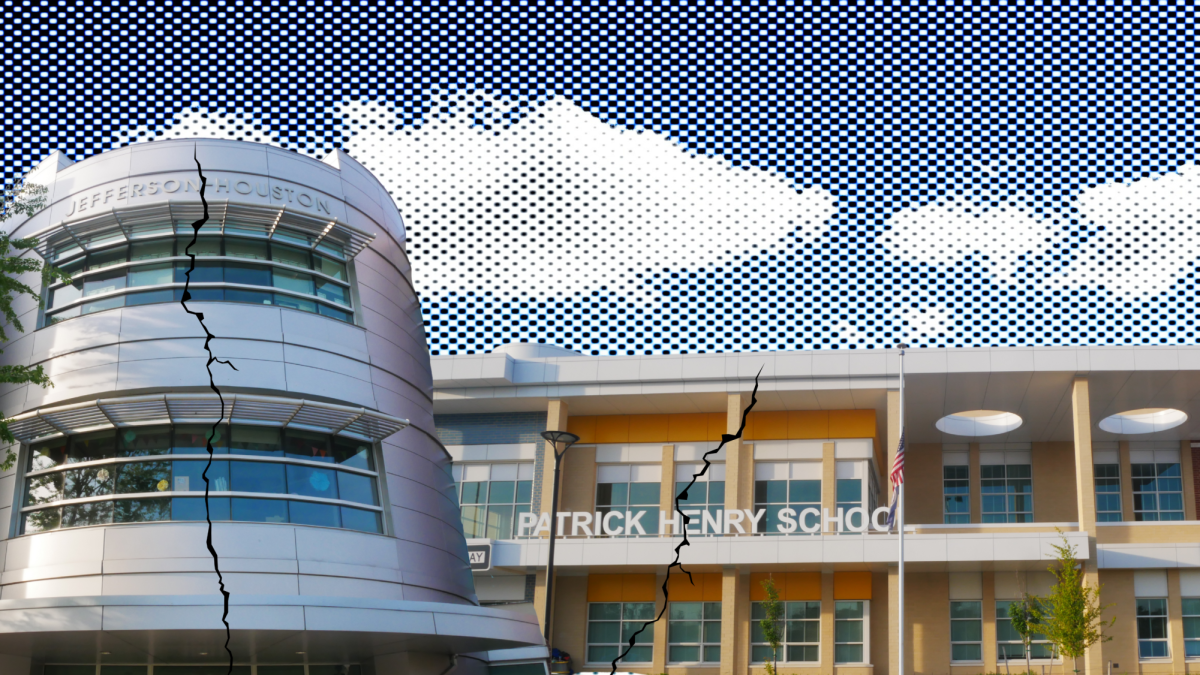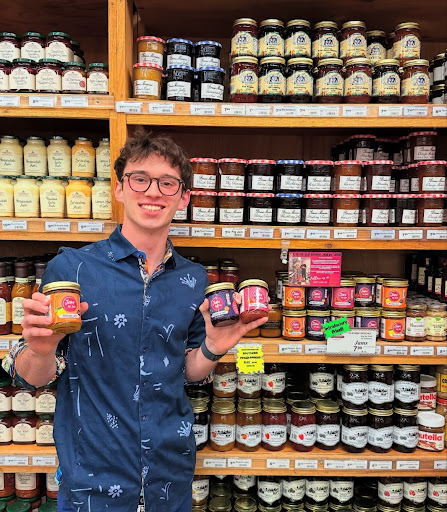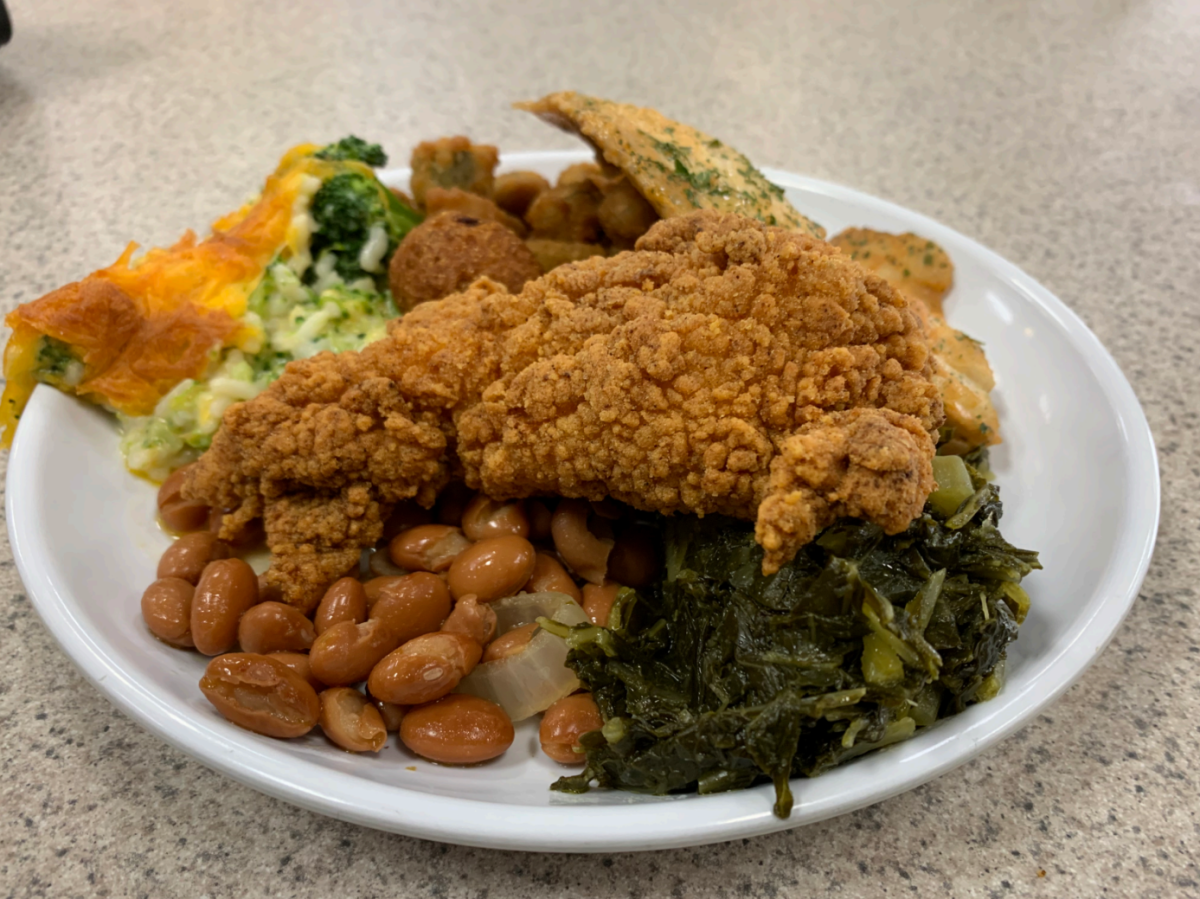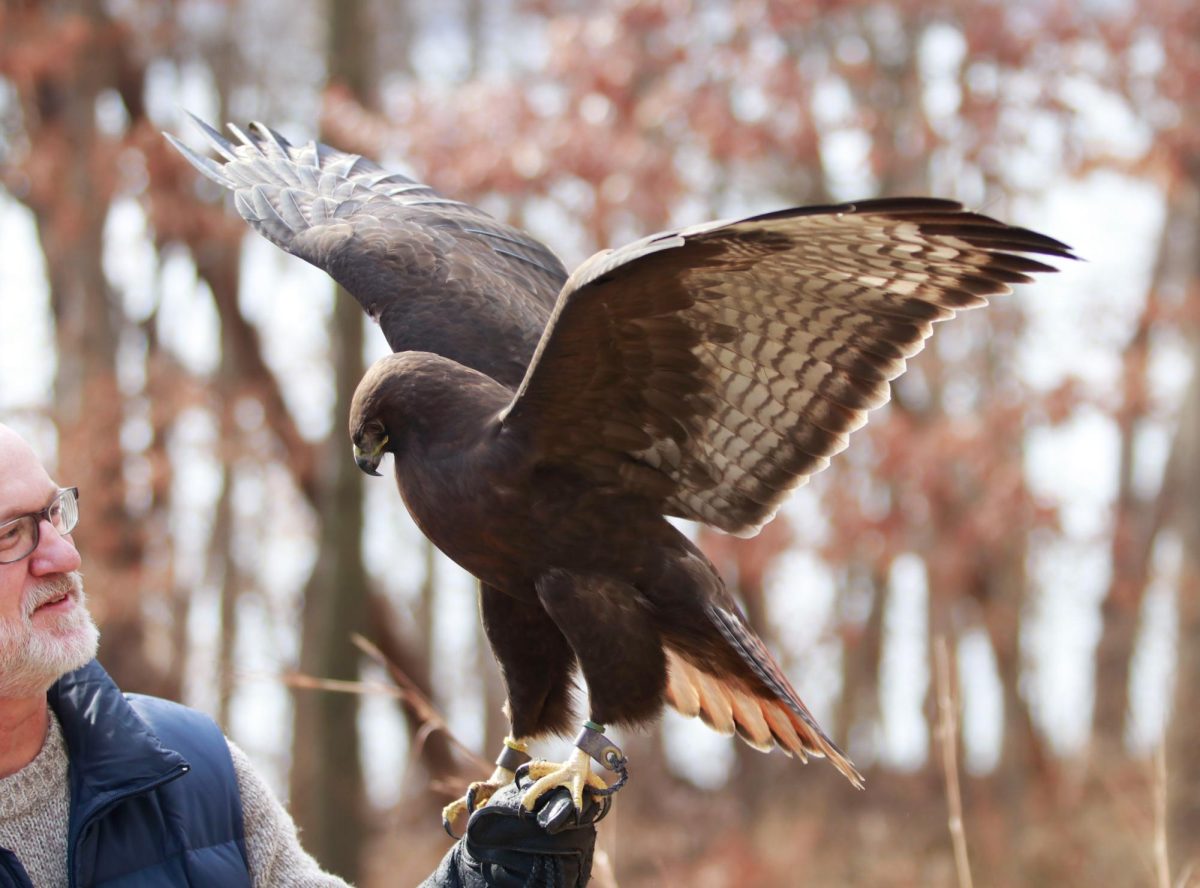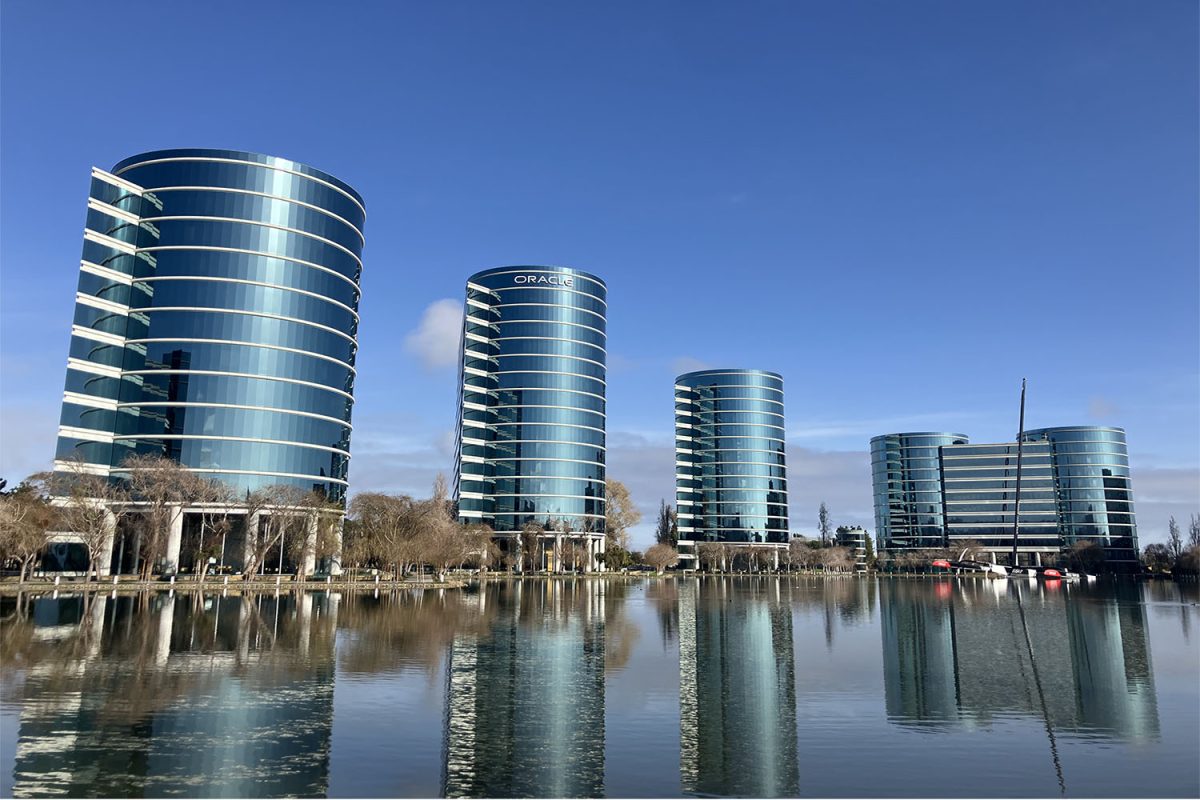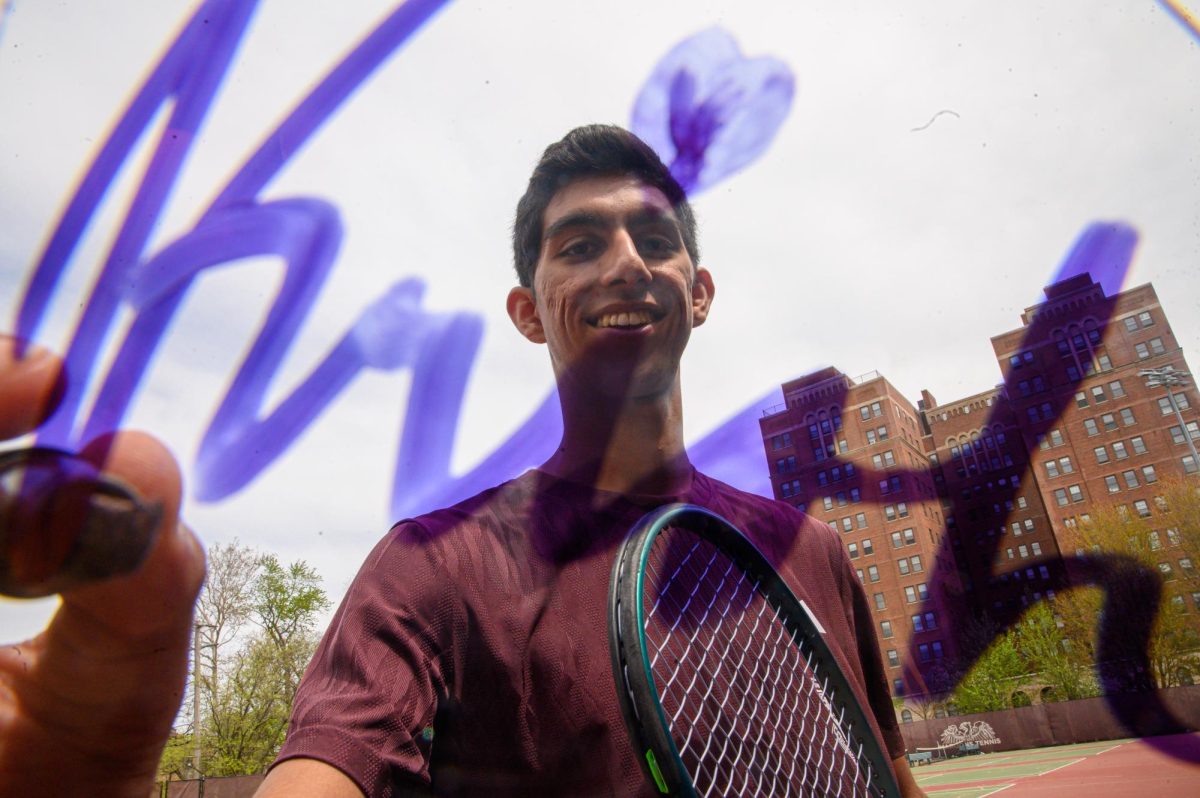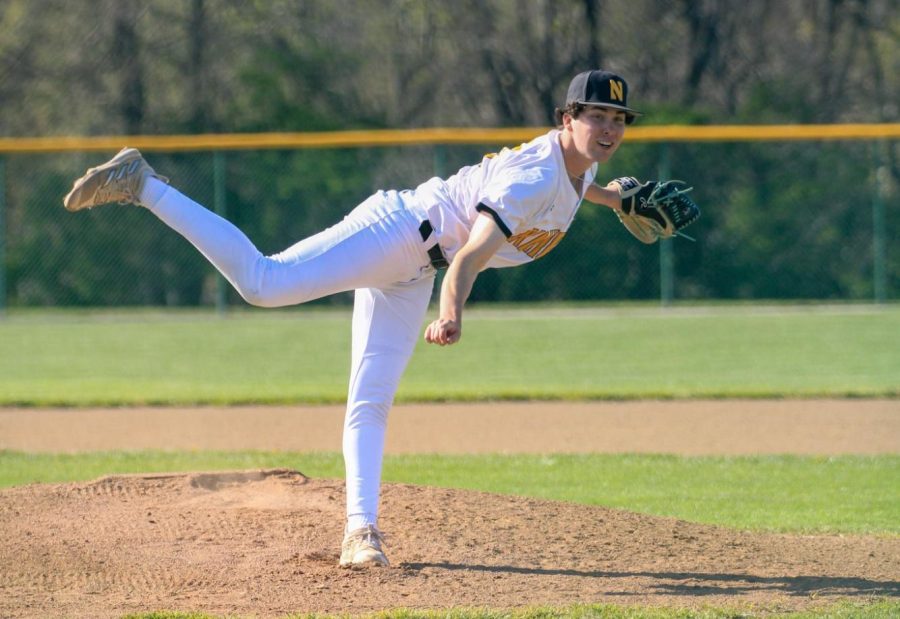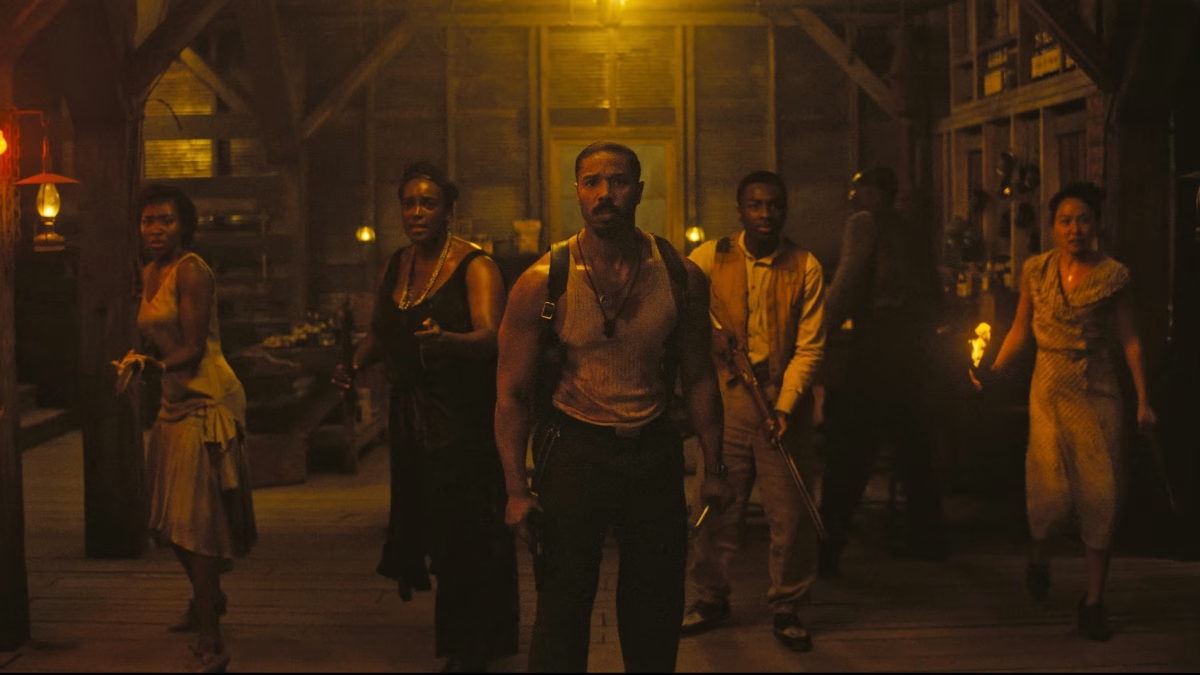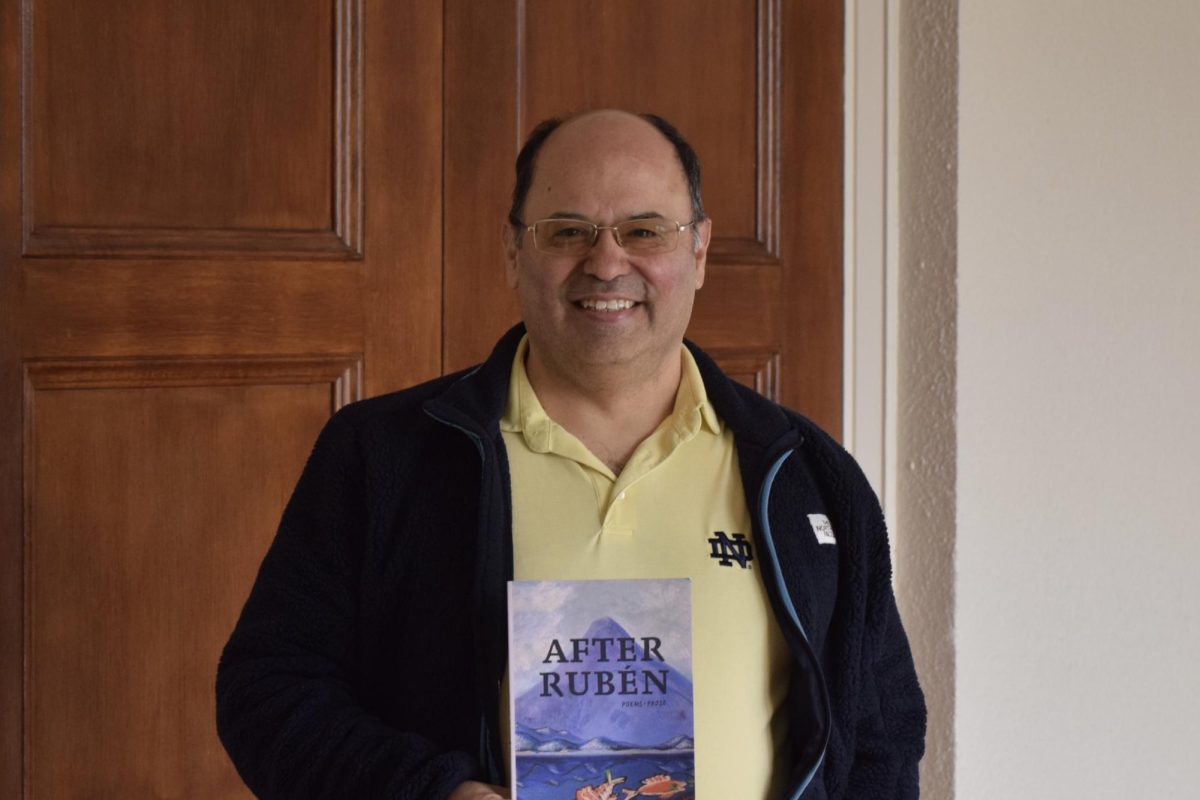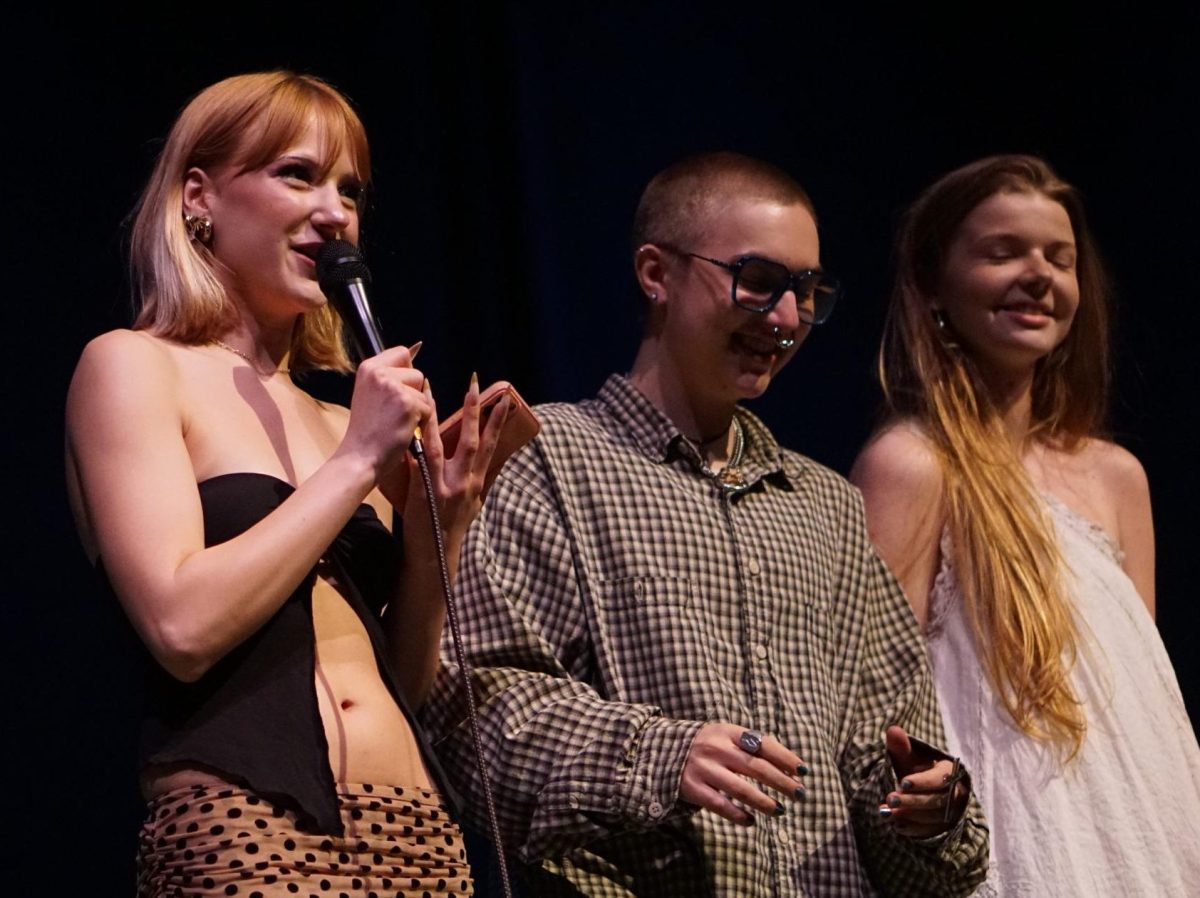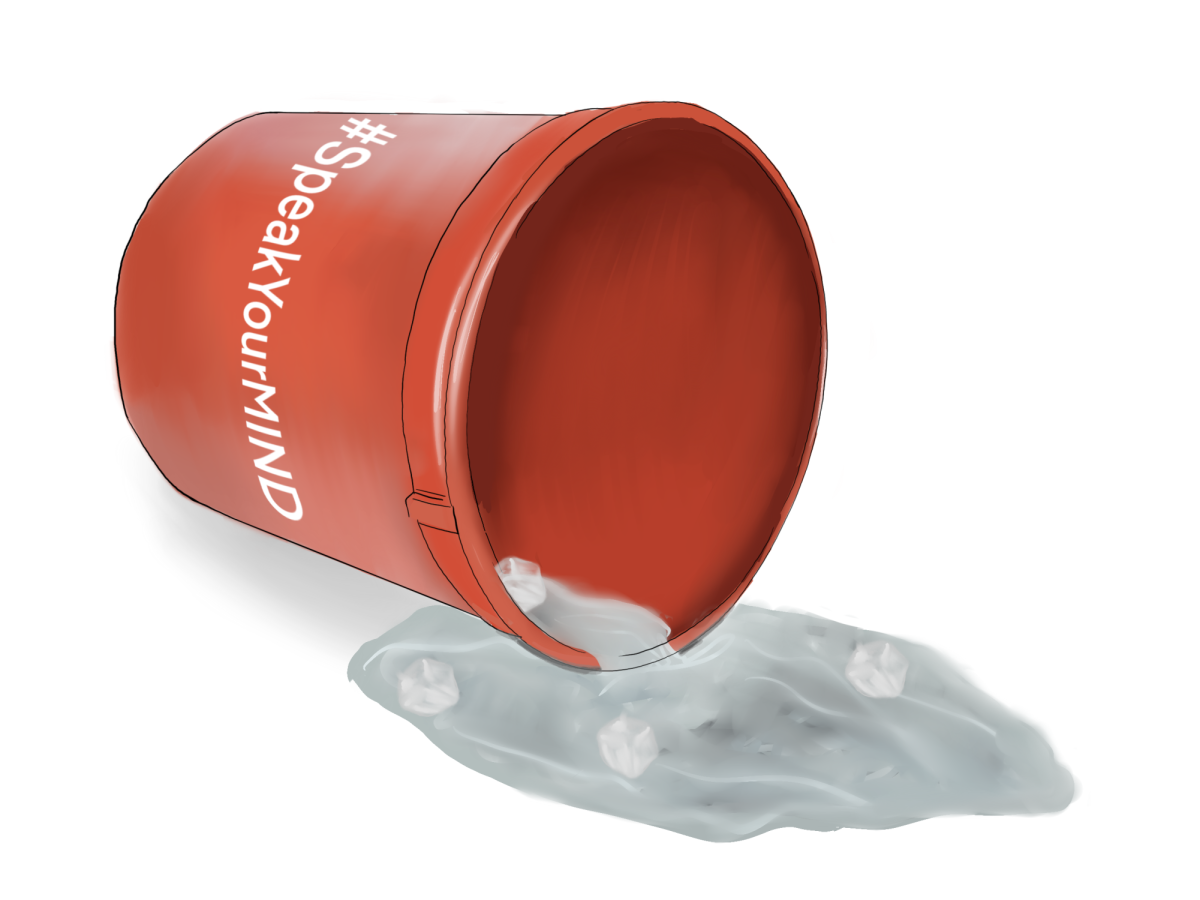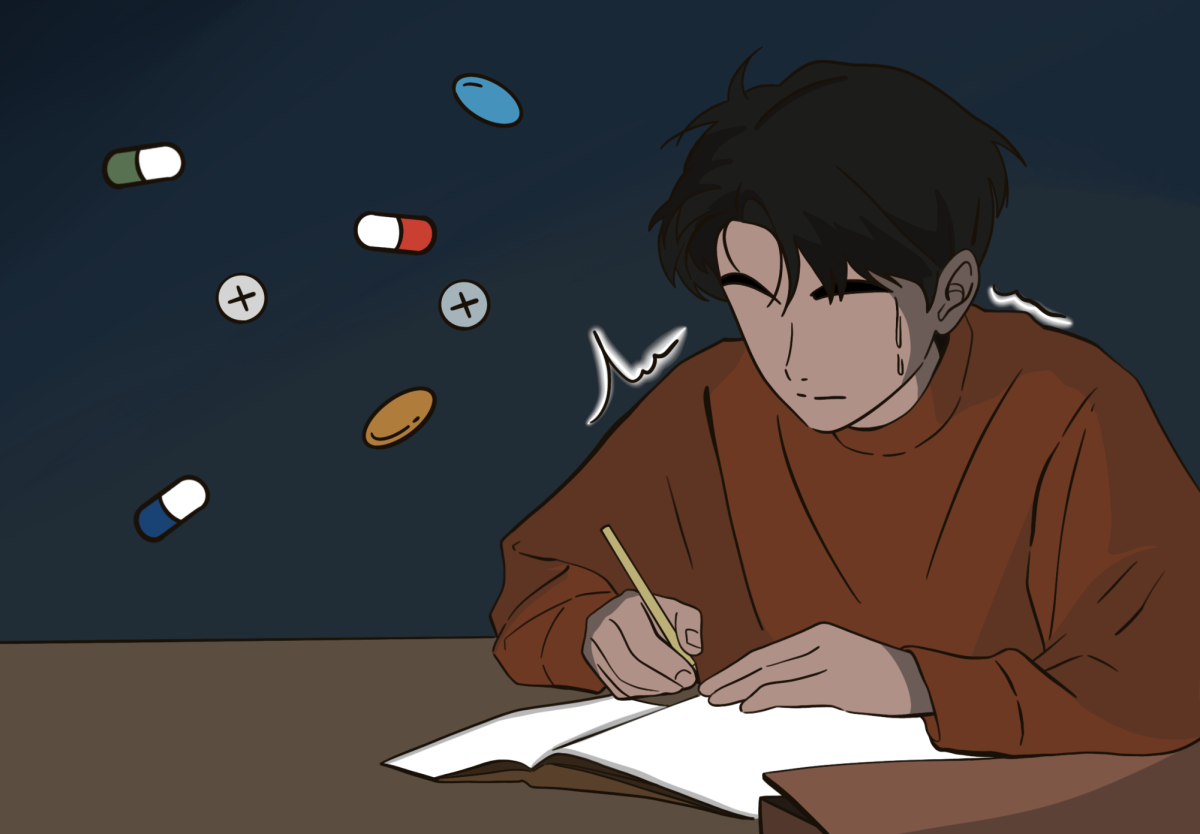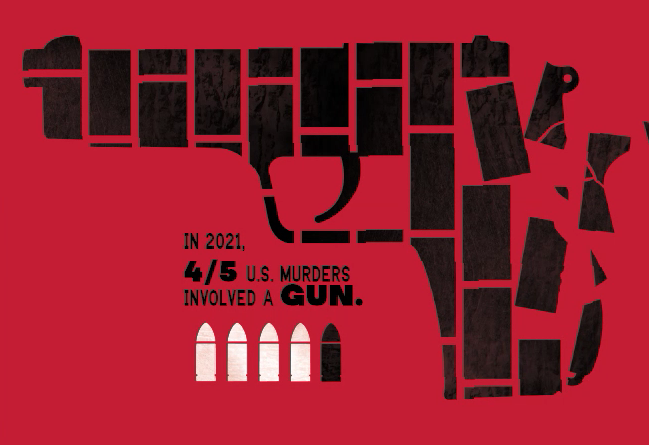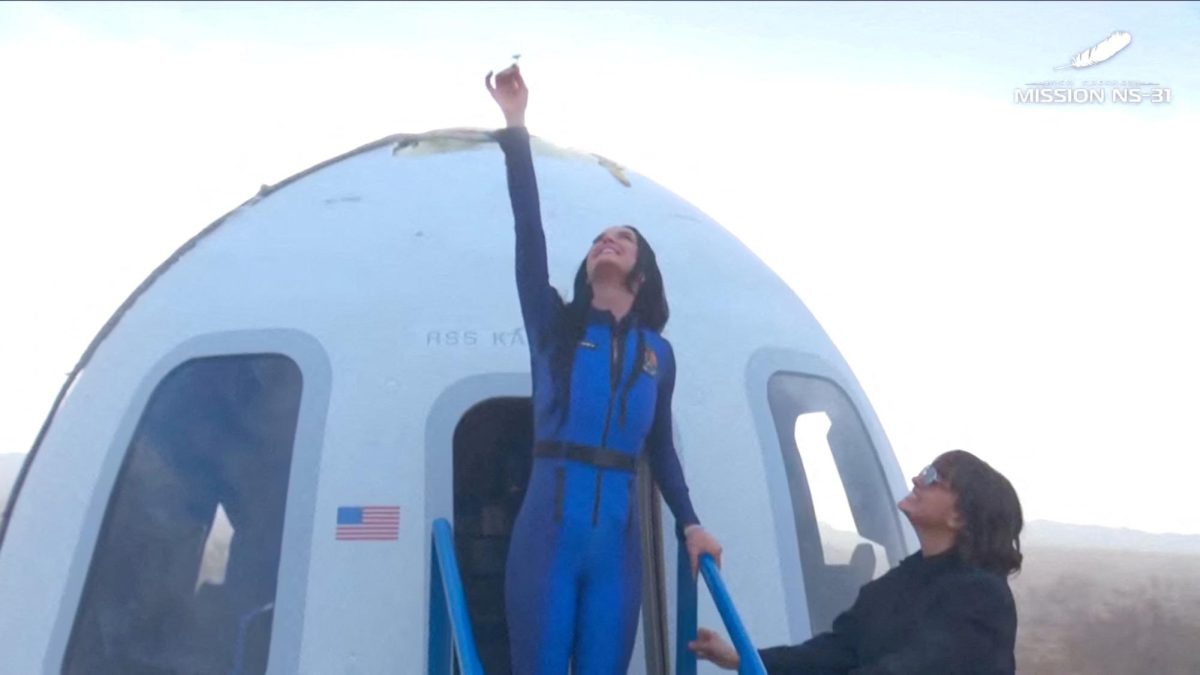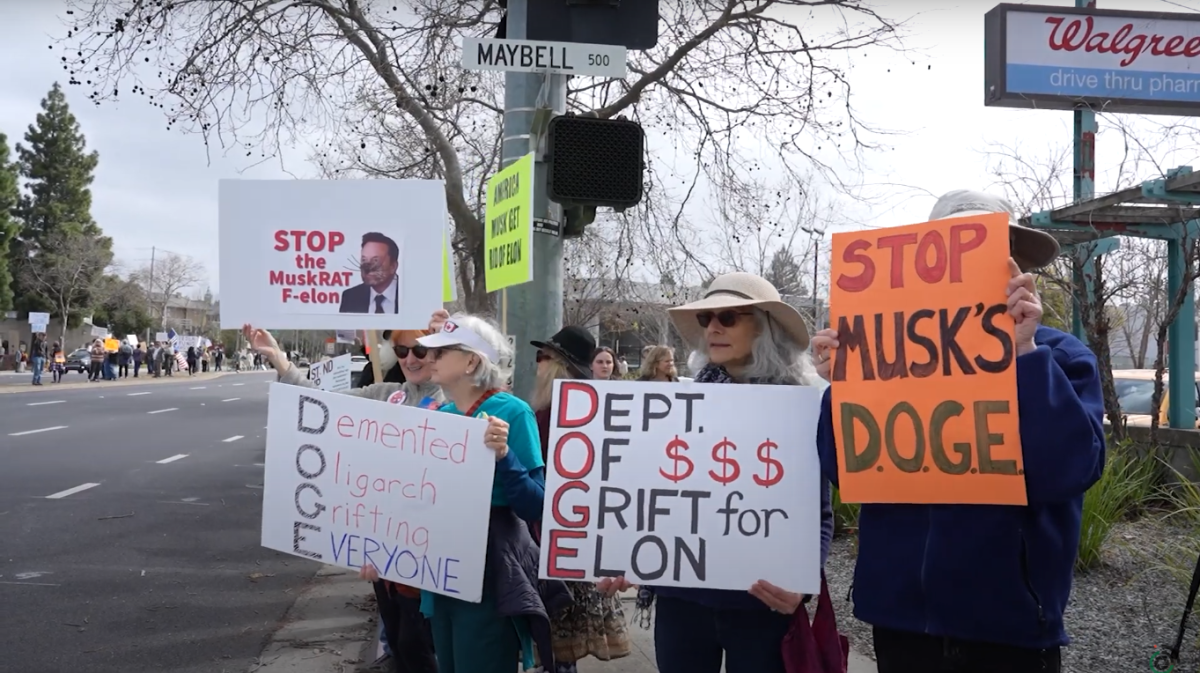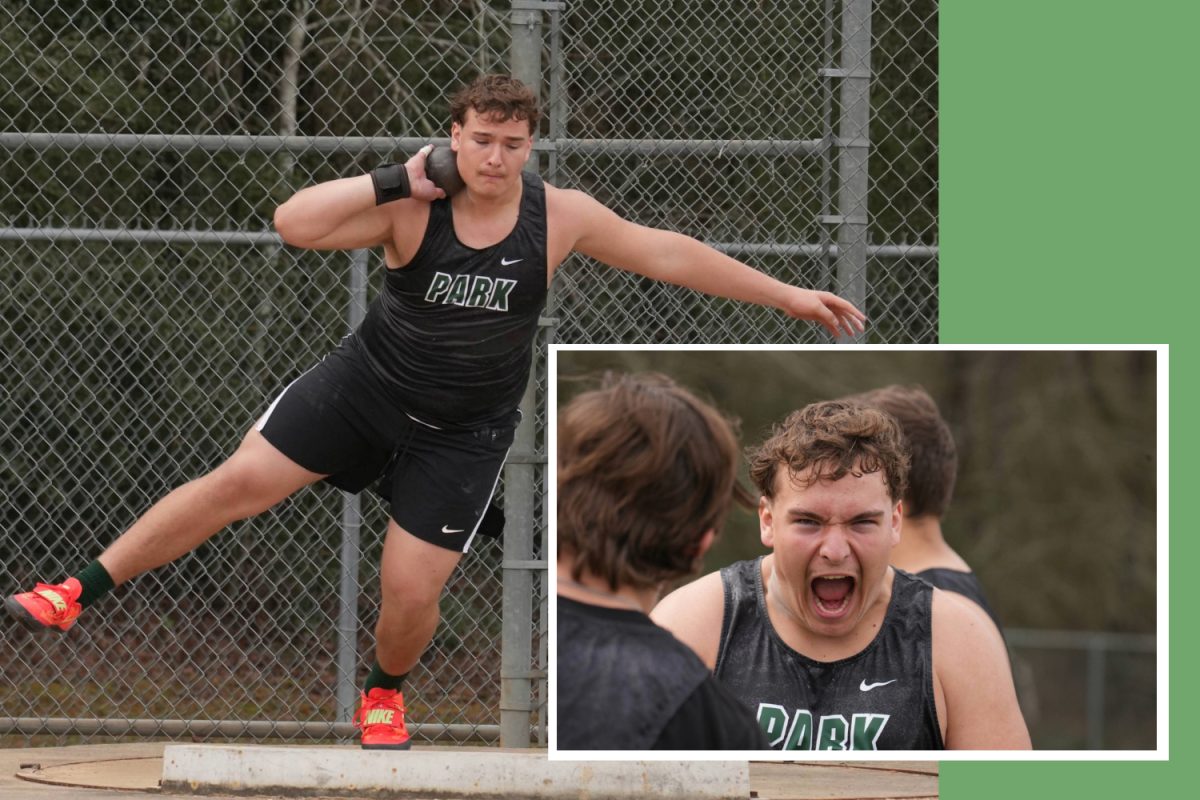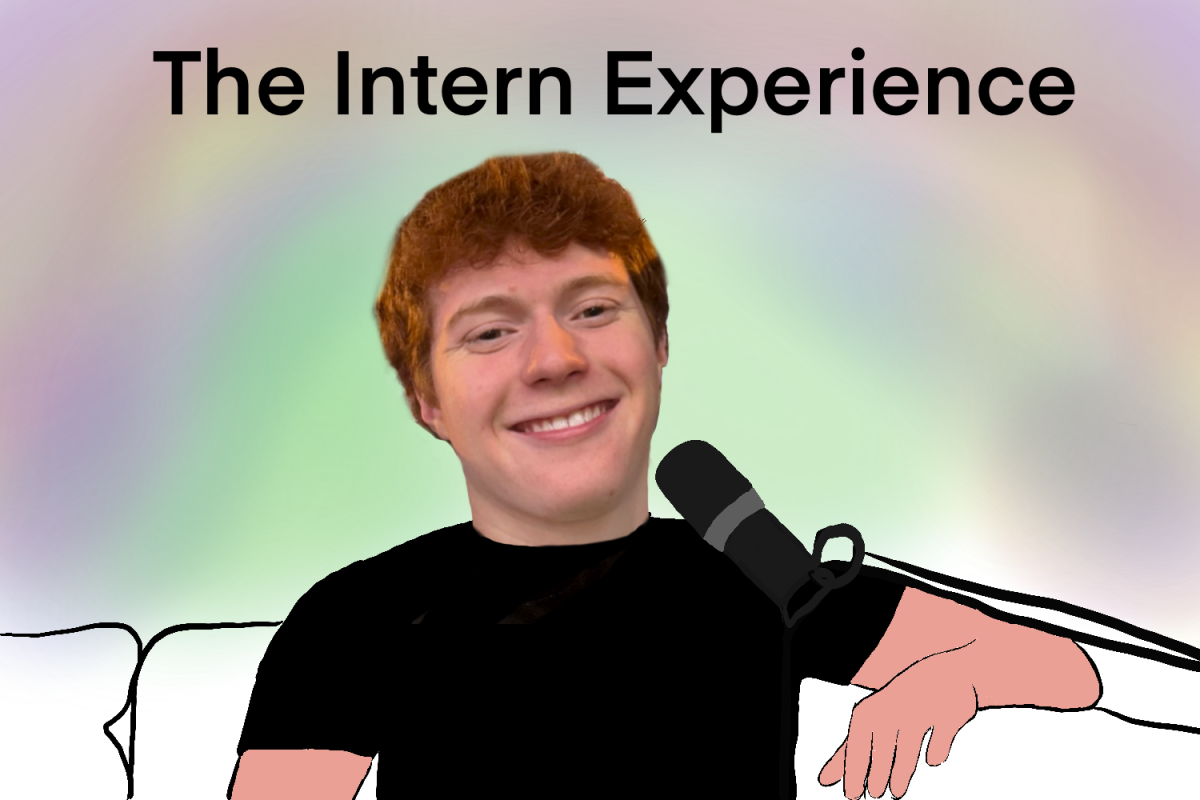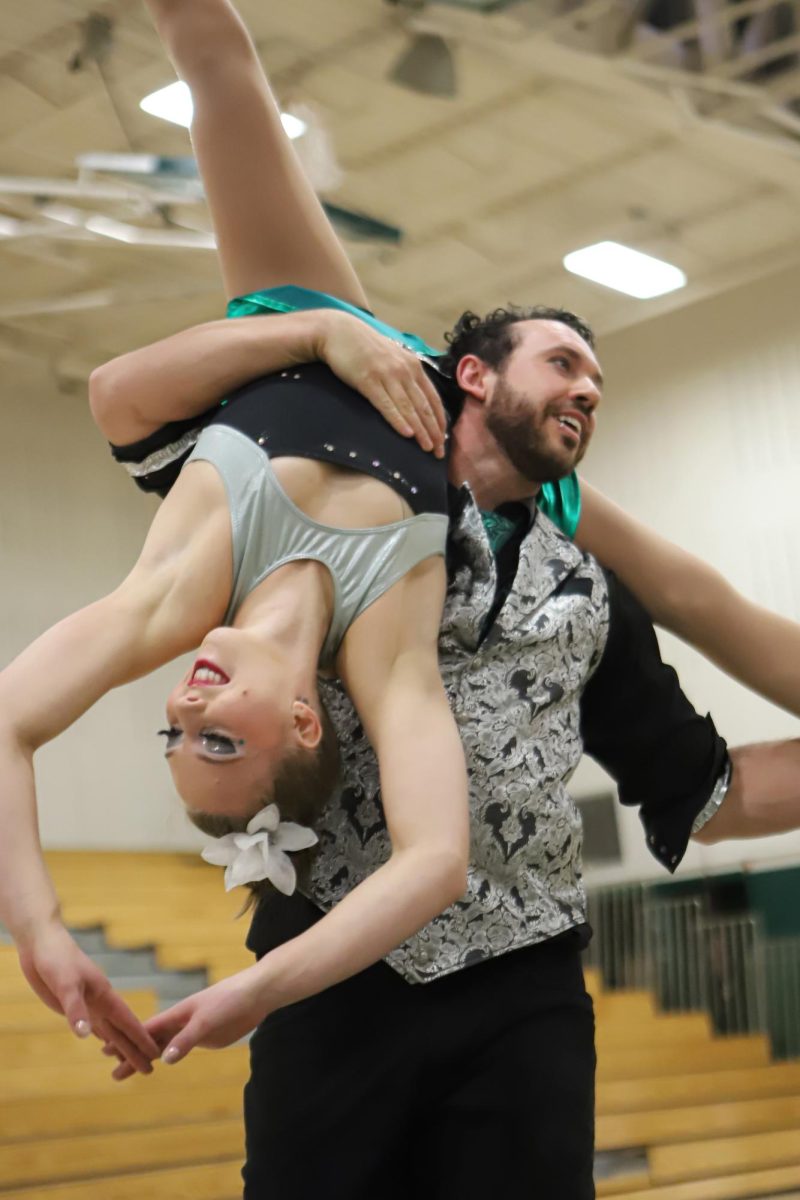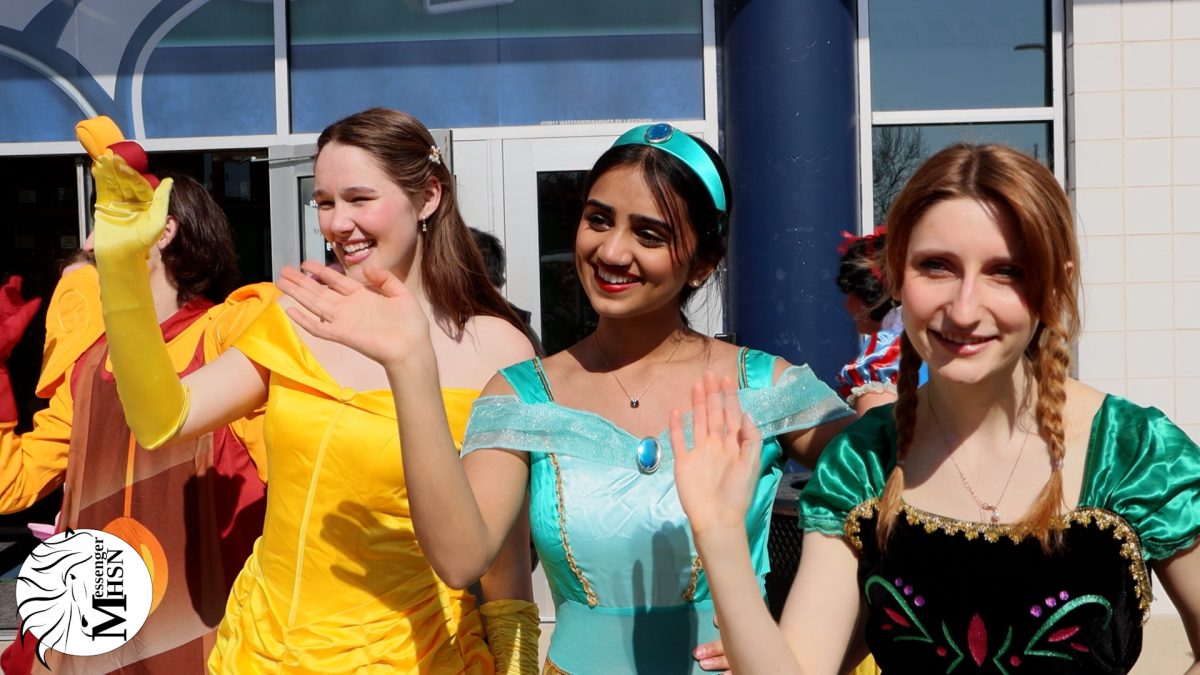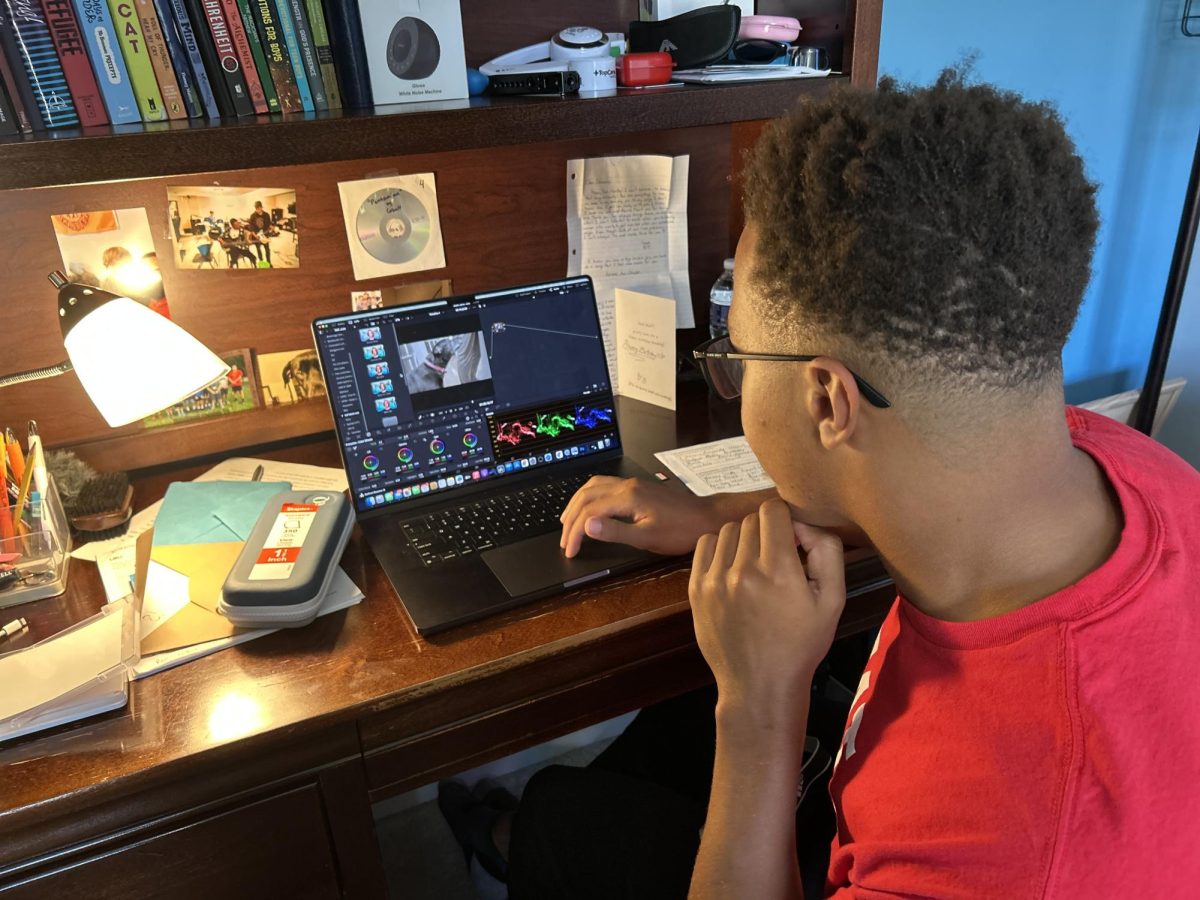Editing and photography are incredibly powerful tools for any school. Every sporting event, news article, dance, and meeting is met with a well-crafted photo or video. No one knows this better than Donovan Farrow, a photographer and video editor for the high school, creating engaging photos and videos that he produces for the school. This is the power of the editor, and Farrow has been doing editing for himself and others for years now.
Farrow is a senior at Revere High School and has had a habit of participating in editing and photography for the school ever since he came to the district in eighth grade. It is not uncommon to see Farrow with his camera taking photos at many sports and school events, but the part about it is that Farrow does it all freelance.
Farrow discussed the skills and knowledge he possesses about the art of editing and photography.
“I started getting into photography and editing when I came to Revere in the eighth grade. It’s when I got my first camera. It was the Panasonic G83,” Farrow said.
Farrow talked about his recommendations for cameras, as well as the cameras he uses now.
“The G83 is a good camera to start with, but I’ve since moved on from it. The cameras I use nowadays are the Panasonic Lumix S1 for videography and the Sony A-III for photography. Honestly, anything regarding Sony and Panasonic I am a huge fan of,” Farrow said.
The difference between a videography camera and a photography one is incredibly precise according to Farrow.
“[For] a camera that’s used for photography, when it comes to digital you’ll want a high bit rate in general so you can capture high-quality stills. But a videography camera is all about consistency so you’ll need a 10-bit rate if you want something reliable. It’s about the lenses as well,” Farrow said.
Cameras require very specific and detailed lenses to operate at full capacity Farrow said, without a good lens being able to capture what you want will not be as plausible.
”The one on my camera here is brand new. It is more of a sports videography camera. This other one I have is more cinematic,” Farrow said.
Farrow detailed the specifics of each lens and what makes them special for certain occasions.
“The sports lens I have on the camera is a 24-70 F2.8 lens, whereas the other one is a 70-200 F2.8 lens. What makes the difference is that the 70-200 one has a wider aperture which helps create more of a cinematic feel because that controls the amount of light that goes through the lens,” Farrow said.
He mentioned the relationship between his camera and editing software. Farrow is currently filming his college application and explains his editing process.
”This editing software I use is DaVinci Resolve, I could not recommend this more for someone wanting to get into editing. I say that because they made this software for actual editors and not for money’s sake. It’s certainly better than Adobe because of all the professional features it has all for free,” Farrow said.
By using a small video of him following his dog; he explains the ease and efficiency by which he edits as a result of his growth and the software.
“My editing process has gotten so much better since I started doing this. For one thing, my laptop is super fast and quick but also I know what I’m doing a lot more than a few years ago, it’s like a process I can do in my sleep,” Farrow said.
The process of his college application is no different. Farrow explains how he took these skills and applied them to his editing process on something so serious.
“I’m applying to Chapman University in California, which I could not recommend more for people looking to commit to doing editing and photography long term,” Farrow said.
Farrow said freelancing has been one of the most rewarding experiences of his life. The journey to becoming an established one in the community is a tough and lengthy process.
”I would honestly say that social media is a great way to put yourself out there initially. I know a lot of people say it is useless or a waste of time, but if you use it well it can be your best asset. Also networking, and gaining connections in person or through word of mouth can be incredibly valuable. I know when I was starting my mom was my best networker,” Farrow said.
Farrow’s mother, Tenisha Farrow, had much to say about her perspective, having been a part of her son’s passion for so long.
”I am mostly just a source of encouragement. I try to just be there for him and cheer on his art. We get him what we can. We certainly try to accommodate for college as well. Donovan has been talking about Chapman for a while and that’s what we want for him,” she said.
Donovan’s brother, Jackson, had much to say that supported the notion that he and his mother were forces of support for their relative.
”I am generally a subject in a lot of his stuff, like if he has an idea he always asks me if I’m available,” Jackson said.
Despite this, Donovan has different goals for his own life. He said he wants to pursue a career in engineering and aerospace studies. His mother followed up on the notion by backing up Donovan’s claim.
”His father and I are doctors, his older brother is in biomedical engineering, and Jackson is interested in aerospace engineering. It makes Donovan the odd duck in the family because none of us are very artistic people,” Tenisha said.
Donovan shows the power of editing, but not only that he shows the true power of having a passion for art and editing. As well as the heights such a hobby can take someone. A wide array of connections, knowledge, and experience with what can be a very successful future. It is an honest and true love that cannot be broken, it is something that stays forever.
This story was originally published on Lantern on October 24, 2024.

